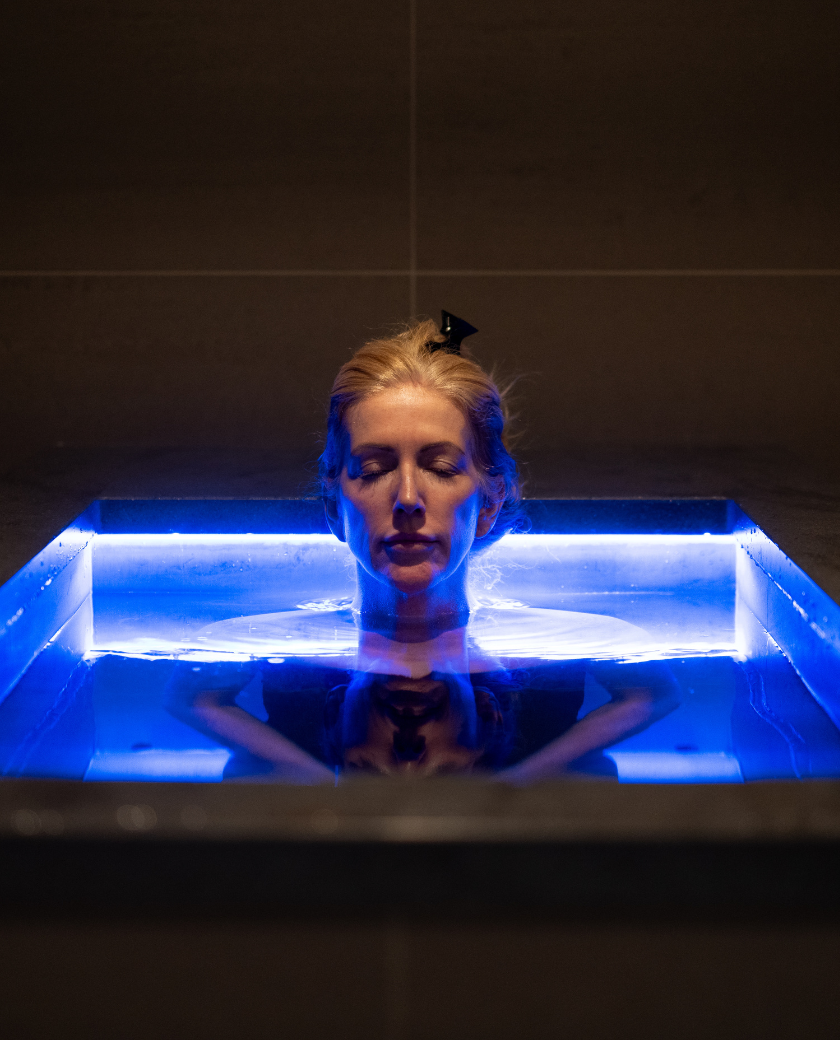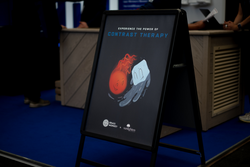How Cold Water Therapy Affects Female Hormones

Have you ever wondered why so many women are embracing cold water therapy? Beyond the invigorating rush, emerging research suggests that cold immersion might offer unique benefits for female hormonal health through several fascinating mechanisms.
The Nervous System Connection
When you step into cold water, your body initiates an incredible cascade of responses that can ultimately help balance your hormones:
Stress Hormone Regulation
Cold water immersion acts as a powerful stimulus for your nervous system, essentially training it to handle stress more effectively. Here's what happens:
- The moment cold water touches your skin, it triggers an acute stress response
- Your sympathetic nervous system (SNS) activates—your body's "fight or flight" mode
- Your heart rate increases, blood pressure rises, and stress hormones like cortisol and adrenaline are released
While this sounds like stress (and it is!), regular exposure to this controlled stressor actually enhances your body's resilience over time, making it more adept at managing all forms of stress.
The Parasympathetic Balance
Just as important is how cold water affects your parasympathetic nervous system (PNS)—your body's "rest and digest" mode:
- The PNS counterbalances the SNS by promoting relaxation and recovery
- It decreases heart rate, lowers blood pressure, and stimulates digestive processes
- This system effectively calms your body and conserves energy
Training Your Nervous System
Regular cold water immersion creates a powerful training effect:
Initially, cold exposure activates your stress response (SNS), but as your body adapts, the parasympathetic system (PNS) engages to restore balance. Over time, your nervous system becomes more efficient at switching between these states, enhancing your overall stress resilience and helping maintain hormonal equilibrium.
Cold Water and Your Menstrual Cycle
The University College London (UCL) conducted a comprehensive study with 1,114 women that revealed some remarkable findings:
- Of the 711 participants who experienced menstrual symptoms, nearly half (46.7%) reported improvements in anxiety
- Over a third noted relief from mood swings (37.7%) and irritability (37.6%) through cold water swimming
However, your experience with cold water may vary throughout your cycle:
Menstrual Phase (Days 1–5)
During menstruation, your body often becomes more sensitive to temperature changes. While some women find cold exposure less appealing during this time, cold immersion can actually help reduce aches, bloating, and inflammation—offering natural relief from menstrual discomfort.
Follicular Phase (Days 6–14)
As estrogen rises and progesterone remains low, your energy typically increases. This phase may be optimal for cold water therapy since your body is generally more resilient to stressors, potentially enhancing circulation and energy.
Ovulation Phase (Around Day 14)
Ovulation marks an estrogen peak and luteinizing hormone (LH) surge. While some women continue to tolerate cold well, others might experience heightened sensitivity. It's important to monitor your individual responses during this time.
Luteal Phase (Days 15–28)
Rising progesterone increases your core body temperature. Some experts suggest that frequent cold-water immersion during this phase may not be ideal, as your body naturally requires more warmth for proper blood flow and reducing premenstrual discomfort.
Relief During Menopause
Menopause brings significant hormonal changes that can cause various physical and psychological symptoms. The UCL study showed promising results among 785 menopausal participants:
- 46.9% reported reduced anxiety
- 34.5% experienced fewer mood swings
- 31.1% noted improvement in low mood
- 30.3% found relief from hot flushes
While researchers are still investigating exactly how cold water provides these benefits, it's theorized that cold exposure helps regulate the autonomic nervous system, improves circulation, reduces inflammation, and triggers endorphin release—all contributing to symptom relief.
Important Considerations
Before diving into cold water therapy, keep these factors in mind:
- Individual variability: Responses to cold exposure vary widely. Women with conditions like low body fat, irregular cycles, or metabolic disorders should consult healthcare professionals first.
- Safety first: Cold water immersion carries risks such as hypothermia and cold shock. Gradually acclimate to cold temperatures and be aware of your physical limits.
- Listen to your body: While scientific frameworks provide guidance, your individual experience matters most. Track how you feel during cold exposure throughout your cycle to customize a practice that works for your unique physiology.
While research continues to evolve, cold water therapy shows promising potential for supporting female hormonal health. By understanding how it affects your body's systems, you can make informed decisions about incorporating this powerful practice into your wellness routine.












